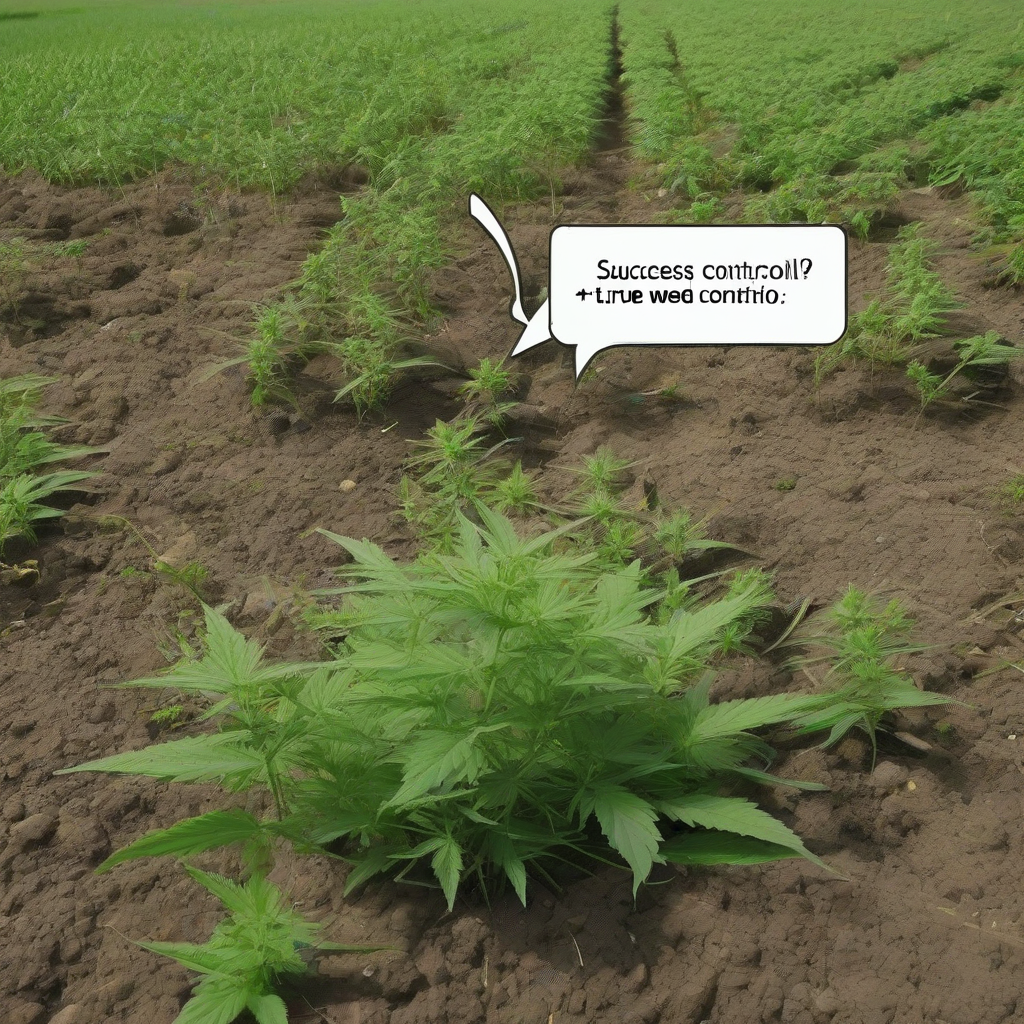Conquering the Green Menace: Your Ultimate Guide to Weed Control Services
Unwanted weeds can quickly transform a pristine lawn into an unruly jungle, diminishing curb appeal and potentially harming the health of your desired plants. This comprehensive guide delves into the world of weed control services, empowering you to make informed decisions and achieve a weed-free landscape.
Understanding Weed Control Methods
Effective weed control relies on a multi-faceted approach. Different methods target various weed types and stages of growth. Understanding these methods is crucial for selecting the right service for your needs.
1. Pre-Emergent Herbicides
Pre-emergent herbicides are applied before weeds germinate, preventing them from sprouting. These are particularly effective for annual weeds that reproduce from seed. The timing of application is crucial, as it needs to be done before the weeds begin to germinate.
2. Post-Emergent Herbicides
Post-emergent herbicides target existing weeds after they have emerged. These herbicides are available in various formulations, including selective herbicides that target specific weed types while sparing desirable plants, and non-selective herbicides that kill all vegetation in the treated area.
3. Cultural Weed Control
Cultural methods focus on creating an environment that is less hospitable to weeds. These include practices like proper lawn maintenance (regular mowing, fertilization, and watering), mulching, and proper spacing of plants to minimize weed encroachment.
4. Mechanical Weed Control
Mechanical methods involve physically removing weeds, such as hand-pulling, hoeing, or using a cultivator. This method is effective for small infestations but can be labor-intensive for larger areas.
Types of Weed Control Services
Weed control services cater to diverse needs, ranging from residential lawns to commercial properties. Understanding the various service offerings is essential for selecting the right professional.
1. Residential Weed Control
- Lawn weed control: Targeting weeds within the turfgrass.
- Garden bed weed control: Managing weeds among flowers and other ornamental plants.
- Driveway and walkway weed control: Removing weeds from cracks and crevices.
- Seasonal weed control programs: Providing ongoing maintenance throughout the growing season.
2. Commercial Weed Control
- Large-scale property management: Weed control for extensive areas such as parks, golf courses, and industrial sites.
- Specialized weed control: Targeting specific weed problems, such as invasive species.
- Preventative weed control: Implementing strategies to minimize weed growth before it becomes a major issue.
- Integrated pest management (IPM): Combining various weed control methods for a holistic approach.
Choosing the Right Weed Control Service
Selecting a reputable weed control service requires careful consideration of several factors.
1. Licensing and Insurance
Ensure the service provider is properly licensed and insured to protect you from potential liabilities.
2. Experience and Expertise
Look for a company with a proven track record and expertise in various weed control methods.
3. Customer Reviews and Testimonials
Read online reviews and testimonials to gauge the service provider’s reputation and customer satisfaction.
4. Pricing and Contract Terms
Compare pricing from different providers and carefully review the contract terms before signing any agreements.
5. Environmental Considerations
Inquire about the service provider’s commitment to environmentally friendly practices, such as using organic or low-impact herbicides.
Common Weed Types and Their Control
Different weeds require specific control methods. Understanding the common weeds in your area will help you choose the most effective approach.
1. Crabgrass
Crabgrass is a common warm-season annual weed that spreads rapidly. Pre-emergent herbicides are effective in preventing its germination.
2. Dandelions
Dandelions are perennial weeds with a deep taproot. Post-emergent herbicides or hand-pulling are effective control methods.
3. Clover
Clover is a broadleaf weed that often indicates soil nutrient deficiencies. Selective herbicides or cultural practices can help manage clover infestations.
4. Bindweed
Bindweed is a persistent perennial weed with extensive root systems. Control often requires a combination of herbicides and mechanical methods.
5. Nutsedge
Nutsedge is a sedge weed that is difficult to control. Specific herbicides and repeated applications are often necessary.
Maintaining a Weed-Free Landscape
Even with professional weed control services, ongoing maintenance is crucial for preventing future infestations.
- Regular mowing at the appropriate height for your grass type.
- Proper fertilization to promote healthy turf growth.
- Consistent watering to maintain adequate soil moisture.
- Prompt removal of weeds as they emerge.
- Regular inspection for new weed infestations.
The Importance of Professional Weed Control
While DIY methods can be effective for small infestations, professional weed control services offer several advantages, including expertise, access to effective herbicides, and comprehensive weed management programs. They can save you time, effort, and ultimately, ensure a healthier, more attractive landscape.
